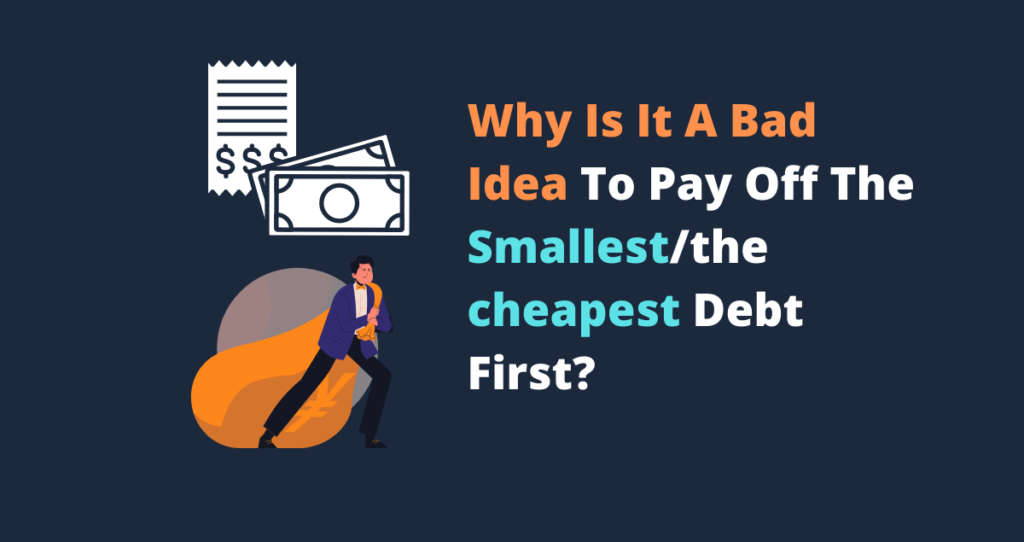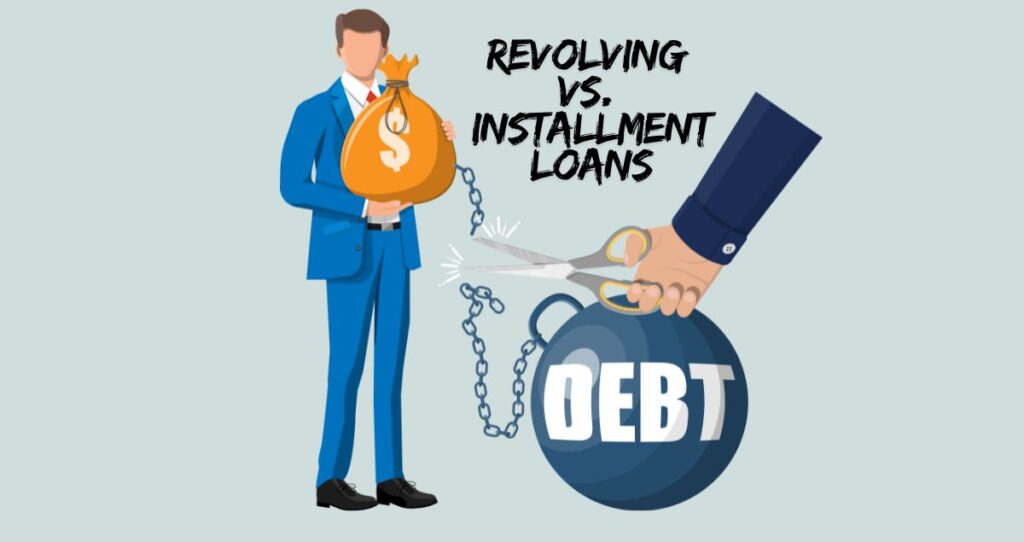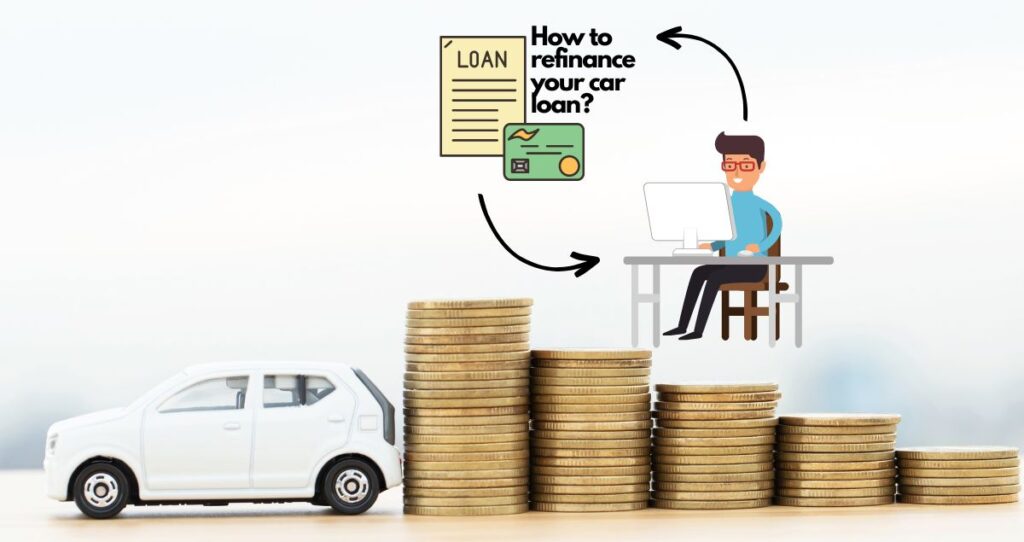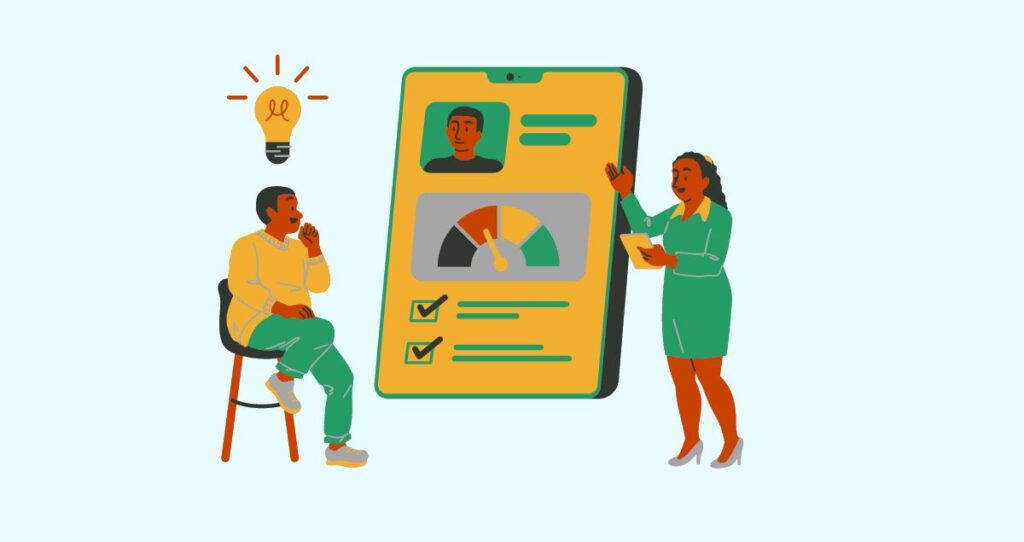If someone won’t pay you back the money especially your friend, you can either wait for them to pay you back when they can, take them to a Small Claim Court, or simply consider your money a total loss. If your friend refuses to pay you back, you can also negotiate with your friend and offer a repayment plan or use a mediation.
This article will walk you through what to do when someone won’t pay you back and some of your options to get your money back without escalating the matter or jeopardizing your friendship.
1. Talk to your friend
If your friend won’t pay you back, the first and most important step is to communicate with them. You already know each other, and therefore, can easily talk it out. Make sure your communication is direct and clear. Explain to your friend the importance of the repayment and how paying you back will benefit both of you.
If the person who refused to pay you back is not your friend, you can still talk to them but the conversation might not be as fruitful as talking to your friend. In this case, you can send them a demand letter or email. During the letter remind the person who won’t pay you back how much they owe you, the repayment due date, and where the money was supposed to be paid. Also, try to give them a grace period, offer them a repayment plan, or simply suggest a mediation.
Private lenders usually give between 10 to 15 days grace period after a borrower has missed a payment. You can follow the same lending practice, and offer the person a 14 to 15 days period to pay you back before taking further action following the letter.
When you send a letter, make sure to save a copy of all your communication for legal purposes.
2. Use persuasion, not pressure
While you can remind your friend who refused to pay you back about the money they owe you and all details; you should always be cautious in your approach. Typically, the person who won’t pay you back has little to nothing to lose. That is the nature of things. If you approach them the wrong way, you might lose the slight chance you had to get the money back without causing conflicts.
When talking to a friend who owes you money, try to use persuasion, instead of pressure. Explain to them that repaying the loan will be beneficial to them too, as it will not strain your friendship or lead to legal matters. Keep the conversation to what they will gain rather than what you will gain. They might even have a change of heart and agree to pay you back without further escalations.
3. Ask your friend to pay you back directly
From my own experience, people try to delay their payments until you ask them to pay you back. Even if you might think they are not paying you back on purpose, maybe it is because you did not ask. Maybe they forgot, are still looking for the money, or simply holding onto your payment a little longer hoping you might never ask.
To get the situation resolved and get your money back, directly talk to your friend and remind them about the due payment. Make sure you are direct and on point. You don’t want them to be confused. For example, if you want your friend to pay you back, don’t use the following sentences.
- Can you pay me back whenever you can?
- I need the money if you can afford to pay me back
- You have not paid me back yet
- Please, pay me whenever you can
These sentences are not direct enough and to some people they might sound like you are giving them more time if they don’t have the money. “Can you pay me back whenever you can?” In other words, pay me back if you can. Otherwise, I will keep waiting. That is the message your friend gets.
You might also like: 7 reasons you should never lend money to a friend
4. Offer a repayment plan
Just because the deadline is near or someone is refusing to pay you back, it does not mean they have the money. It is also possible that they might not even have their rent by the due date. That is why you need to reason with someone who refused to pay you back and see things from their perspective.
Try to understand their financial situations without giving in to emotions. Be direct, reasonable, but sympathetic. If your friend cannot come up with the full amount, offer a repayment plan. For example, your friend might not find $500 at once but can afford $100 a month. In this case, setting up a repayment plan to reflect their financial capacity will be the best course of action.
When setting up the repayment plan, the plan should be based on what works for both of you. This is because the amount you might want to be paid could be higher than the person can afford. You can also work out a plan together and figure out what works for both of you.
5. Try a mediation or Small Claim Court
If someone is still not paying you or is refusing to pay you back, consider mediation before escalating the issue. The mediator could be someone you both know such as a mutual friend, a God parent, etc. If your friend won’t pay you back after trying this option, take them to a Small Claim Court to help resolve the issue or enforce a repayment plan. Most cities have Small Claim Courts which are sometimes called Conciliation Courts. To qualify for a small claim, some states require the amount owed to be $15,000 or under, for the State of Minnesota. Check with your local city for the mediation process and requirements.
You might also like: What to do when being evicted with no place to go?
How to ask your friend to pay you back the money they owe you?
Asking your friend to pay you back can be intimidating due to the fear of tarnishing your friendship. However, this does not mean you need to lose your money to save the friendships. I should also mention that a friend who is purposefully refusing to pay you back is not a genuine friend.
How can you talk to your friend to pay you back without jeopardizing your friendship?
Start with a friendly conversation and make sure your friend understands that your relationship is still a priority despite the money issues.
If it is the first time you are talking to them about money, it is a good idea to bring up the subject in a subtly indirect way. This will allow your friend to be the one who directly brings up the money issue. If this strategy does not work, ask your friend to pay you back in a friendly way. Knowing how your friend is doing financially beforehand can help you come up with a proper way to discuss the money you are owed.
Approach the issue in ways to empower your friend instead of accusatory language. For example, you can use this sentence, “You remember that money I lent you a while back?”. If they say, yes, remind them that it is past due and ask them if they need help paying it back. You can also end the conversation on a positive note saying, “I know how reliable and responsible you are, and I trust that you’ll be able to help resolve this issue.” This statement will reinforce the need to pay the money back but also empower them. You don’t want them to feel inferior.
After having a productive conversation, give your friend a few days to pay you back or at least keep you updated on how things are going. Also, suggest a solution that is beneficial for both of you. You could suggest a repayment plan as part of the solution.
Is it disrespectful to not pay someone back?
Yes, it is disrespectful to not pay someone back. Not paying someone back is a breach of trust and can damage relationships. When someone lends you money, it shows that they trust you to return it. Not paying back the money you borrowed could be perceived as taking advantage of their kindness and generosity, which is generally considered disrespectful. You should always pay your friend back no matter how big or small the loan value is. If you are having trouble with your finances, openly communicate with someone who lent you money and ask for a repayment plan to keep your friendship intact and avoid conflicts.
What do you say when someone doesn’t want to pay you back?
One of the hardest conversations you will have is dealing with someone who doesn’t want to pay you back. Being open, direct, and understanding, is the best way to handle the situation. Start by reminding your friend about the contract you had and acknowledging their situation without being aggressive.
For example, you can say, “I understand that financial situations can be quite challenging. But when we initially agreed on this arrangement, it was a mutual understanding that the amount would be paid back. This wasn’t just a financial agreement, it was about trust and respect. If you are having trouble coming up with the full amount, I am willing to work out a repayment plan.”
This statement reminds your friend about the money they owe you and the importance of your friendship. Additionally, it shows your friend that you are willing to help out by offering a repayment plan. After listening to this statement, your friend will more likely talk with you and agree to pay you back.
If someone is still not willing to pay you back, you can always consider a mediation or take them to court. For small balances like $50, some people ignore them and consider them a loss to avoid conflicts.
How do I force someone to pay back?
If someone refuses to pay you back, you might be wondering if forcing them to pay you back is a viable solution. From my experience, you cannot force someone to pay you back. Forcing someone to pay you back will escalate the matter, cause unnecessary conflicts, and jeopardize your friendship. You don’t want to attack someone’s else ego. Your main goal is to try to get your money back without causing conflicts or escalating the matter.
All you can do is communicate with someone who is not paying you back about the money they owe you. Sympathizing with the person who won’t pay you back is always the best way to approach the matter. You still have to be direct about your money, though. If they are having financial difficulties, offer a repayment plan to collect some of your funds instead of losing the entire balance.
If someone won’t pay you back after constant communications and a repayment plan offer, consider the mediation or legal route.
Can I lend money to someone who refused to pay me back?
You should never lend money to someone who ever refused to pay you back or who made it harder to collect your money. If someone did you wrong in the past, what proof do you have that they won’t do it again? A person who refused to pay you back already proved to be not trustworthy, and therefore, does not qualify for additional loans.
More money tips
What to do when being evicted with no place to go?
7 Best Credit Card Strategies For Married Couples









